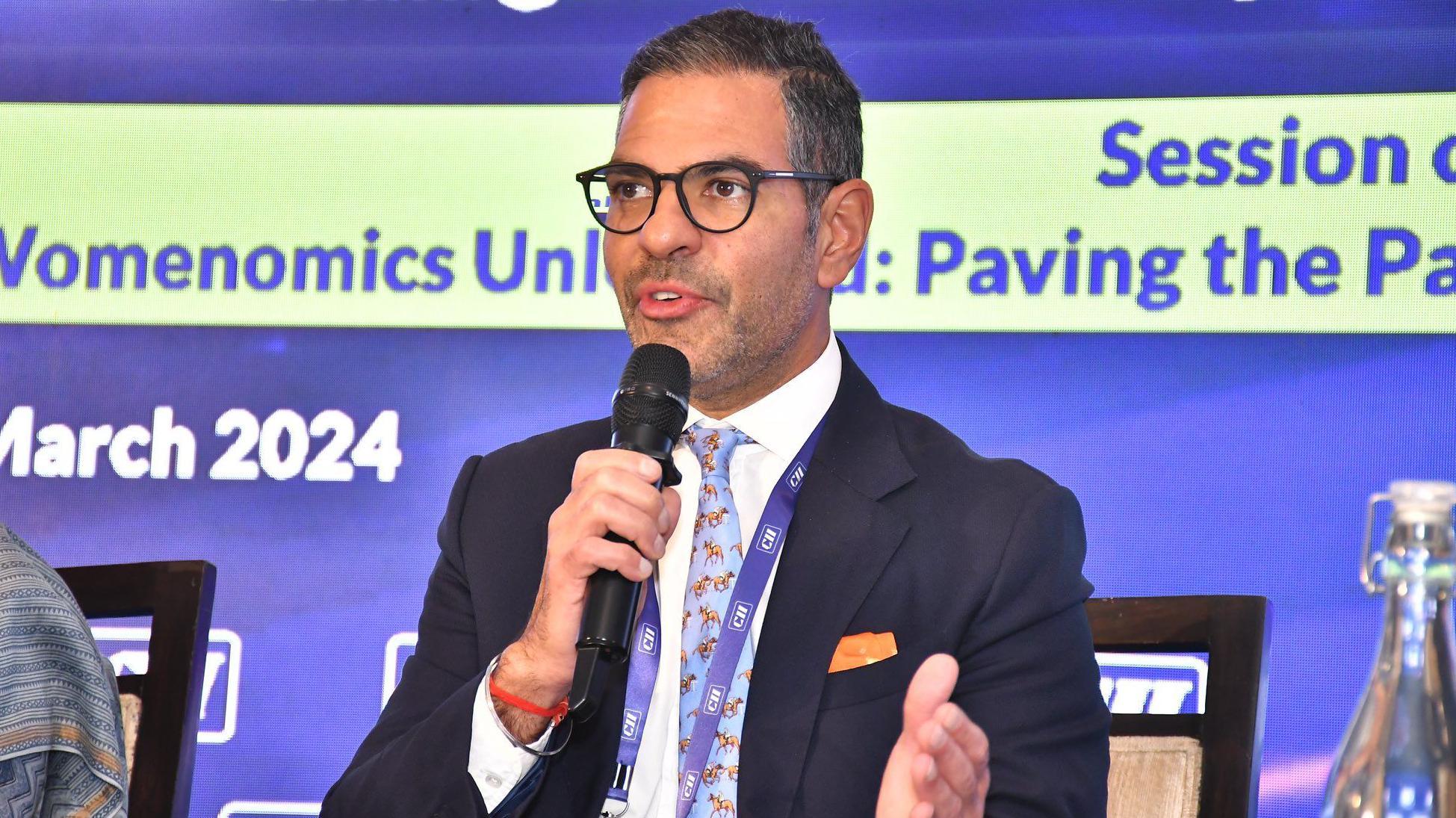
A Family Feud Over a Multibillion-Dollar Automotive Empire
The sudden death of Sunjay Kapur, a prominent Indian businessman and heir to Sona Comstar, has ignited a fierce legal and familial battle over the future of one of India’s largest automotive component companies. The dispute has drawn attention not only for its high stakes but also for the complex dynamics of family-controlled businesses in India.
Sunjay Kapur, who passed away at 53 on 12 June while playing polo in Surrey, UK, was the son of Sona Comstar’s founder. He inherited a business valued at $3.6 billion, with operations spanning across India, China, Mexico, and the United States. His death left a void in the company’s leadership and sparked immediate speculation about the succession process.
Kapur, known for his love of polo and his connections in elite social circles, had a notable personal life. He was married three times, including to Bollywood actress Karisma Kapoor and model Priya Sachdev, whom he wed in 2017. However, it is his family’s ongoing conflict that has dominated the headlines since his passing.
At the center of the controversy is Rani Kapur, Sunjay’s mother and former chairperson of Sona Comstar. She recently sent a letter to the company’s board, raising concerns about her son’s death and questioning the decisions made by the company afterward. In the letter, she alleged that the circumstances surrounding his death were “highly suspicious and unexplained.” The Surrey coroner, however, concluded that Kapur died of natural causes, and the investigation was closed.
Rani Kapur also claimed she was pressured into signing documents under emotional distress following her son’s death. She urged the board to delay the annual general meeting (AGM) to appoint a family representative. Despite her request, the AGM proceeded as scheduled, and Priya Sachdev was appointed as a non-executive director.
According to Rani Kapur, she was the sole beneficiary of her late husband’s estate, which included a majority stake in Sona Group through a will dated 2015. However, Sona Comstar has denied these claims, stating that Rani has not been involved in the company since at least 2019. The company has also issued a legal notice to Rani, accusing her of spreading false information.
The situation highlights broader challenges in India’s family-owned businesses. While 90% of listed companies are family-controlled, only 63% have formal succession plans in place, according to a PwC survey. Experts note that the lack of clarity around ownership and inheritance often leads to disputes.
“Most Indian family businesses operate with significant ambiguity about specifics,” said Kavil Ramachandran of the Indian School of Business. “Who owns how much and who inherits and when is often unclear.”
This ambiguity can lead to conflicts, especially when there is no meritocracy or clear governance structures. Ketan Dalal, an advisor to several Indian business families, noted that disputes often arise after the death of a patriarch or even before, complicating both ownership and management.
India has seen numerous high-profile succession battles. For example, Mukesh Ambani, Asia’s richest man, faced a public struggle with his brother over the Reliance empire after their father, Dhirubhai Ambani, died in 2002 without a will. Similarly, the Raymond Group and the Lodha brothers have experienced internal conflicts that have drawn media attention.
These disputes often come at a cost to shareholders. Sandeep Nerlekar, founder of Terentia, said that concentrated control can lead to declining stock prices and damaged company reputations. “The company suffers, and the perception of its future performance is affected,” he added.
However, some families are learning from past mistakes. The Bajaj family, for instance, resolved internal disputes through court intervention and now operates via a family council. The Godrej Group recently achieved an unusual amicable separation of its business, showcasing the benefits of structured succession planning.
Experts emphasize the importance of long-term preparation. “Succession is not something that can be decided overnight,” said Mr. Ramachandran. “Preparing both the family and the operating team over a planned transition period is crucial.”
Mukesh Ambani, for example, has been grooming his children for years, demonstrating a proactive approach to succession. As India’s business landscape continues to evolve, the lessons from these cases underscore the need for transparency, governance, and strategic planning in family-run enterprises.
